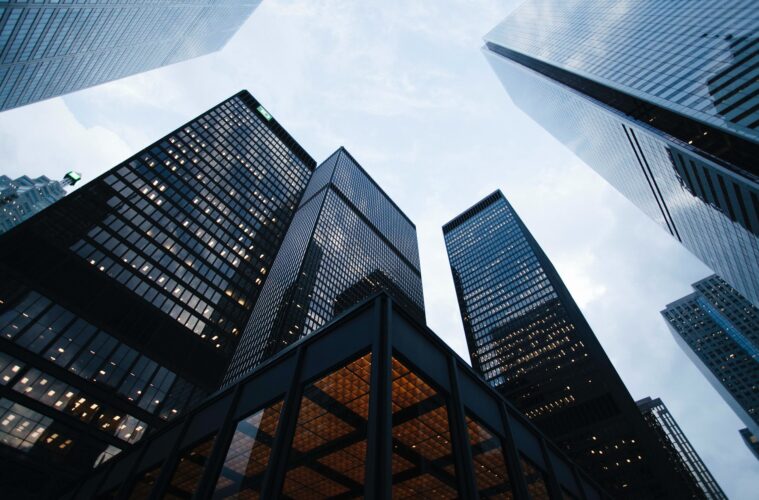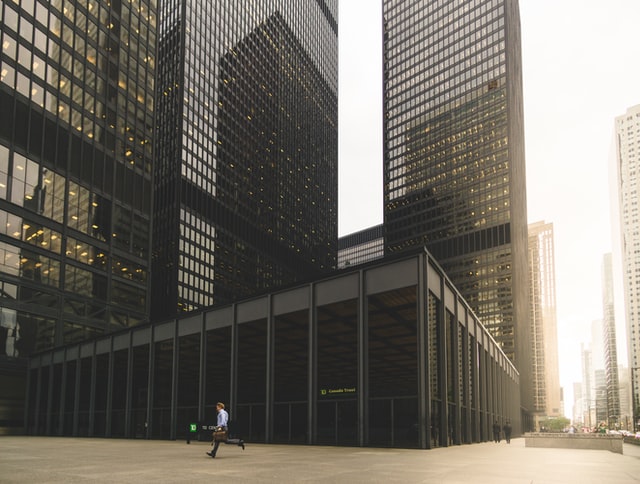Commercial real estate can be a solid investment for those looking to get into the rental industry. It does, however, come with its own unique set of benefits and challenges. Buying a commercial property is a decision that requires proper consideration. That’s why we’ve put together this list covering the main pros and cons of investing in commercial real estate.
Longer Tenancy Agreements
One of the biggest benefits of owning commercial real estate in Melbourne, as opposed to residential property, is that tenancy agreements tend to be longer. This is great for the stability of your income from your property and can help decrease management costs as there will be fewer tenancy turnovers. This is also ideal for those who prefer to work with long term budgets as knowing that you’ll have a set amount of rent coming in each month for the foreseeable future is greatly beneficial for planning.
Better Yields
Because they tend to be larger and provide a profitable location for your tenant, commercial properties often attract higher rents, translating to better yields for you as a landlord. This, when coupled with the increased security of a longer lease tenancy agreement, breeds far better financial freedom and stability.
Lower Costs
Another great thing about commercial property in comparison to residential buildings is that you will generally have lower costs in regards to basic upkeep. This is partly due to the fact that commercial premises are generally only occupied during business hours but is also a result of leasing conditions.
You will probably have to allow your tenant to set up the property in a manner that suits their company, but because of this, most leases will have them take on the lion’s share of maintenance costs, which is great for you as a landlord.
Higher Vacancies
A downside to commercial rental properties is that they tend to have higher vacancy rates and can sit unoccupied for longer. This can be a serious hit to your bank account, so it is important to be prepared for prolonged periods of vacancy.
In life, we’re told that we should have enough in the bank to cover three to six months of living expenses. This is also a good strategy to use for covering the costs of maintaining your commercial rental property. Although a six-month vacancy is a slim possibility, in such uncertain times, it is better to be safe than sorry.
Greater Initial Cost
Another thing you will need to consider is that, although maintenance costs are lower on commercial properties, they do tend to attract a greater initial cost. The building will most likely be more expensive to purchase and set up than a residential one in the same area. This is a cost that is usually fairly easily recouped but will still need to be factored in when selecting your rental property.
Complex Lease Terms
The final (and possibly largest) downside to renting your commercial property is the complexity of lease agreements. Where responsibility lands will differ from lease to lease, and this can complicate your tax obligations, profit margins, and more. Because of this, it is important to seek not only professional property management advice but to also have a trusted tax agent who can assist you with any issues that may arise in this context.
With these pros and cons in mind and a trusted professional by your side, you’re now ready to get started on selecting the best commercial real estate for your investment portfolio.


